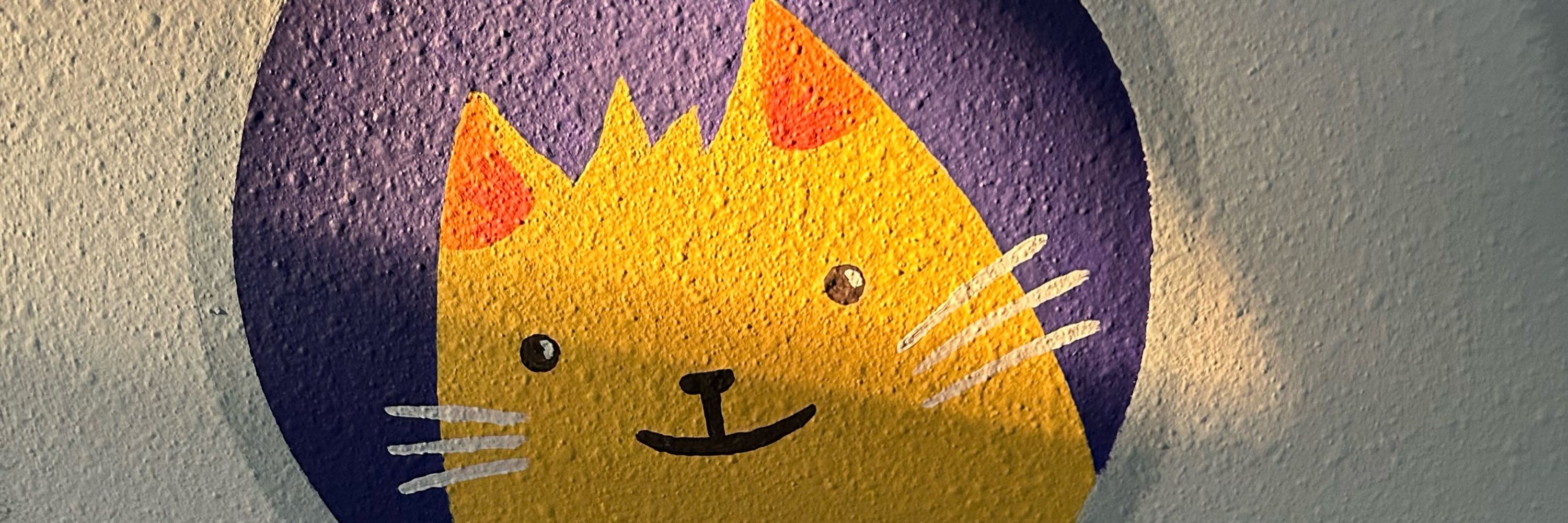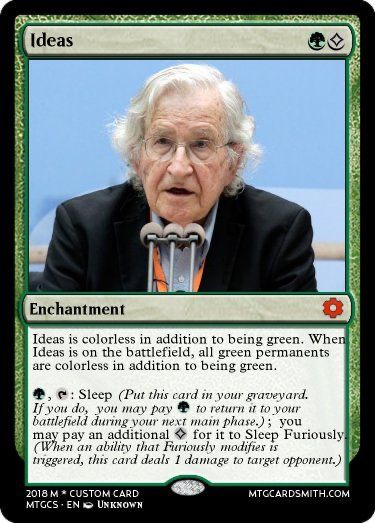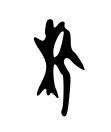
KEYWORDS for easily-confused consonants
D as in DángalaThas (ogress)
dd as in ddasín (girl)
T as in yáTis (head)
tt as in tteéle (there)
Th as in Thúmuk (meet)
tth as in ttham (king)
'snow leopard'
ttá, obl. ttáa
Compare Tibetan སྟག /stag/ 'tiger'
'snow leopard'
ttá, obl. ttáa
Compare Tibetan སྟག /stag/ 'tiger'
inf. héras < *haQr-ahs
ptcp. nuhér < *n(u)-haQr
neg. oó(w)aras < *a(u)-haQr-ahs
'say'
inf. sénas < *saQn-ahs
ptcp. nusé(n) < *n(u)-saQn
neg. oósanas < *a(u)-saQn-ahs
inf. héras < *haQr-ahs
ptcp. nuhér < *n(u)-haQr
neg. oó(w)aras < *a(u)-haQr-ahs
'say'
inf. sénas < *saQn-ahs
ptcp. nusé(n) < *n(u)-saQn
neg. oósanas < *a(u)-saQn-ahs
'she has to/should sleep'
móyanas bo
'she isn't going to sleep at all'
móyanas apó
'bc she isn't tired, she won't sleep'
amóyanas bo
'she has to/should sleep'
móyanas bo
'she isn't going to sleep at all'
móyanas apó
'bc she isn't tired, she won't sleep'
amóyanas bo
Húnza dialect
'weep, cry'
hér- : ptcp. nuhér
: neg. oówar-
the onset w- in the negative may derive from a labializing lenition process acting on root-initial /h/ (compare 'wash' with -wáaltt- alongside báaltt-, from root *pa[h]altt-)
...
Húnza dialect
'weep, cry'
hér- : ptcp. nuhér
: neg. oówar-
the onset w- in the negative may derive from a labializing lenition process acting on root-initial /h/ (compare 'wash' with -wáaltt- alongside báaltt-, from root *pa[h]altt-)
...
Mācrōn
Mācrōn
ego dixi:
dii estis,
et filii excelsi omnes
ego dixi:
dii estis,
et filii excelsi omnes
so far no verb roots found with initial
l-
r-
rw-
z-
cr- crh-
cy- (unless varying with cyh-)
c- (unless varying with ch-)
one with initial j-
only a few have s-
so far no verb roots found with initial
l-
r-
rw-
z-
cr- crh-
cy- (unless varying with cyh-)
c- (unless varying with ch-)
one with initial j-
only a few have s-
Me, #MtG player:

Me, #MtG player:
We call such verbs suppletive.
Surprisingly, ‘to bring’ is suppletive too: ‘brought’ comes from a different verb.
My new graphic tells you all about their past.
In certain varieties of English, ... 1/

We call such verbs suppletive.
Surprisingly, ‘to bring’ is suppletive too: ‘brought’ comes from a different verb.
My new graphic tells you all about their past.
In certain varieties of English, ... 1/
bʕūd bʕīd bʕūd bʕīd bʕūd bʕīd bʕūd bʕīd bʕūd
"i will return on a holiday with a faraway oud; i again repeat: with a faraway oud i will return"
bʕīd bʕīd bʕīd
"i repeat & repeat & repeat"/"i repeat on a faraway holiday"
bʕūd bʕīd bʕūd bʕīd bʕūd bʕīd bʕūd bʕīd bʕūd
"i will return on a holiday with a faraway oud; i again repeat: with a faraway oud i will return"
bʕīd bʕīd bʕīd
"i repeat & repeat & repeat"/"i repeat on a faraway holiday"
Hunza-Nager Burushaski láaỵ
Balti laḍu, lalu
Gilgit Shina láa
Srinagar Kashmiri ləər
Anantnag Kashmiri ləəḍ
Hunza-Nager Burushaski láaỵ
Balti laḍu, lalu
Gilgit Shina láa
Srinagar Kashmiri ləər
Anantnag Kashmiri ləəḍ
bu biti latitasiŋ
un up χaŋ-paŋ-ril
uppisu baŋ-ri
žeχalpaỵmaćaŋ [5
kuỵ daŋ-ratti
3 "up" and 4 "uppisu" may be related;
compare 3 "-paŋ" with 4 "baŋ"
Clusters -lp- and -lt- (the latter still common in Bsk) may have <l> for a lateral fricative dev. from *s
Mid vowels only adjacent to h (uvular). Common final ŋ (> -mu(-c)) maybe a noun ending; clitics begin w/ r
χo napa[ŋ]-ri ltilpi
bu biti latitasing
un up χaŋ-paŋ-ril
uppisu baŋ-ri
žeχalpaỵmaćaŋ
kuỵ daŋ-ratti
bu biti latitasiŋ
un up χaŋ-paŋ-ril
uppisu baŋ-ri
žeχalpaỵmaćaŋ [5
kuỵ daŋ-ratti
3 "up" and 4 "uppisu" may be related;
compare 3 "-paŋ" with 4 "baŋ"
Clusters -lp- and -lt- (the latter still common in Bsk) may have <l> for a lateral fricative dev. from *s
Check out the link for more info, to RSVP, and to pre-order a book for signing.
Check out the link for more info, to RSVP, and to pre-order a book for signing.

"Picture of a scene" is imo the best way to interpret characters like
化 (2 human bodies in diff directions: change)
尾 (hair at the posterior: tail)
漁 (fish outside water: fishing)
neither part is a determiner or classifier

"Picture of a scene" is imo the best way to interpret characters like
化 (2 human bodies in diff directions: change)
尾 (hair at the posterior: tail)
漁 (fish outside water: fishing)
neither part is a determiner or classifier
[χ]onapan_riltilpi bu biti latitasing un up hangpang_ril uppisu bang_riže halpa-i ma[k]ang[q]u-i dang_ratti
Curious that each /r/ follows a nasal, not sure what to make of that
B. Laufer 1908:7
[χ]onapan_riltilpi bu biti latitasing un up hangpang_ril uppisu bang_riže halpa-i ma[k]ang[q]u-i dang_ratti
Curious that each /r/ follows a nasal, not sure what to make of that
p t k ky
b d -
[ ] s [ ] h
[ ] [ ] ž
m n
[] r
zero
B. Laufer 1908:7
p t k ky
b d -
[ ] s [ ] h
[ ] [ ] ž
m n
[] r
zero
B. Laufer 1908:7
B. Laufer 1908:7
Hunza qarúuỵo, Nager ġarúuỵo ‘(some kind of) crane/heron’
(Varmā said ‘moa’, but Berger’s ‘Reiher’ probably closer to truth)
Berger compares Sanskrit lexicographical karaṭu- ‘demoiselle crane’, but there’s also the mythical raptor garuḍá- in Sanskrit.
Hunza qarúuỵo, Nager ġarúuỵo ‘(some kind of) crane/heron’
(Varmā said ‘moa’, but Berger’s ‘Reiher’ probably closer to truth)
Berger compares Sanskrit lexicographical karaṭu- ‘demoiselle crane’, but there’s also the mythical raptor garuḍá- in Sanskrit.
Hunza-Nager Burushaski barć id.
Shina bać < *baj́ < Sanskrit váj́raḣ
If the Burushaski form is more archaic (rather than spontaneously generated), then Shina only lost the /r/ recently.
This would imply Skt. -VĆra- > Shina -VrĆ(a-) ...
Hunza-Nager Burushaski barć id.
Shina bać < *baj́ < Sanskrit váj́raḣ
If the Burushaski form is more archaic (rather than spontaneously generated), then Shina only lost the /r/ recently.
This would imply Skt. -VĆra- > Shina -VrĆ(a-) ...
Skt. kʰēṭ-ikā “little shield”
> Shina kʰeéy (< *kʰeéṛi) → HN Burushaski kʰií
> Khowar kʰełí → Y Burushaski kʰilí
Skt. pāṭakaḣ ‘wedge’
> Shina *páaṛo → HN Burushaski páaỵo
> Khowar *páłu (cf. Kalasha pạɡóyak) → Y Burushaski pâlu
Skt. kʰēṭ-ikā “little shield”
> Shina kʰeéy (< *kʰeéṛi) → HN Burushaski kʰií
> Khowar kʰełí → Y Burushaski kʰilí
Skt. pāṭakaḣ ‘wedge’
> Shina *páaṛo → HN Burushaski páaỵo
> Khowar *páłu (cf. Kalasha pạɡóyak) → Y Burushaski pâlu
같이 'together'
[kaćhi]
graphically <kath i>
morphemically /kath =hi/ imo, adverbial =hi onto root /kath/ 'go together, converge'
This palatalization of a dental only at morph boundary, not generally for the syllable .thi. !
@-cyhí- is part of a suppletive system of roots for 'give':
@-ú- for [h/x]-class obj.
@-cyhí for [y sg]
@-ghún- for [y pl]
The prototypical things in [y sg] Class are liquids.
ćhí < *tʲhi
with progressive palatalizat'n spreading from 3s i-
how-INST life [ABS] save
àa-cy-áa ke
1S:APPL-do:IPFV-[2s] COMP
dd-á-us
dP-1S-withdraw
je 0 mamú 0
I [ABS] milk [ABS]
gu-cyhí-cy-am
2S-give:y-IPFV-1S:npr
같이 'together'
[kaćhi]
graphically <kath i>
morphemically /kath =hi/ imo, adverbial =hi onto root /kath/ 'go together, converge'
This palatalization of a dental only at morph boundary, not generally for the syllable .thi. !
@-cyhí- is part of a suppletive system of roots for 'give':
@-ú- for [h/x]-class obj.
@-cyhí for [y sg]
@-ghún- for [y pl]
The prototypical things in [y sg] Class are liquids.
ćhí < *tʲhi
with progressive palatalizat'n spreading from 3s i-
how-INST life [ABS] save
àa-cy-áa ke
1S:APPL-do:IPFV-[2s] COMP
dd-á-us
dP-1S-withdraw
je 0 mamú 0
I [ABS] milk [ABS]
gu-cyhí-cy-am
2S-give:y-IPFV-1S:npr
@-cyhí- is part of a suppletive system of roots for 'give':
@-ú- for [h/x]-class obj.
@-cyhí for [y sg]
@-ghún- for [y pl]
The prototypical things in [y sg] Class are liquids.
ćhí < *tʲhi
with progressive palatalizat'n spreading from 3s i-
MattumK # 228
'If you save my life in whatever way (and) get me out of here, I will give you milk'
(speaker is pleading with a cat)
bélaTe jii bacyátt àacyáa ke ddáus je mamú gucyhícyam
MattumK # 228
'If you save my life in whatever way (and) get me out of here, I will give you milk'
(speaker is pleading with a cat)
bélaTe jii bacyátt àacyáa ke ddáus je mamú gucyhícyam
I was interviewed about my book Chinese Characters Across Asia for the @newbooksnetwork.bsky.social , you can find the episode here: newbooksnetwork.com/chinese-char... .
My first time ever on a podcast. I was nervous at first, but Miranda Melcher was a great host.
I was interviewed about my book Chinese Characters Across Asia for the @newbooksnetwork.bsky.social , you can find the episode here: newbooksnetwork.com/chinese-char... .
My first time ever on a podcast. I was nervous at first, but Miranda Melcher was a great host.

